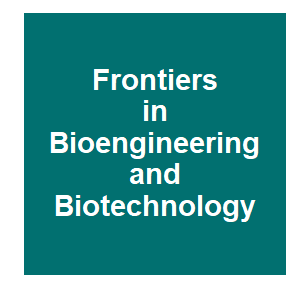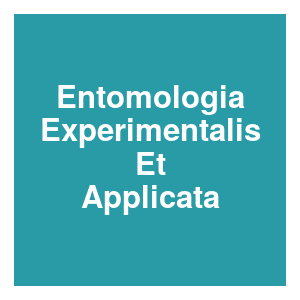
Keywords: genetic pest control

|
Scientific report urges debate on genetic modification to control insect pestsBob Weber, CTV News, 2023.
Scientists are learning to turn the genetics of insect pests against themselves, altering the genome of familiar foes in ways that give farmers and doctors new ways to fight them. The burgeoning field offers fresh hope against old scourges such as malaria. And it could provide ... Keywords: agriculture, ecological risk assessment, genetic pest control, host-associated differentiation gene drive synthetic, population suppression |

|
Manipulating Insect Sex Determination Pathways for Genetic Pest Management: Opportunities and ChallengesA. Siddall, T. Harvey-Samuel, T. Chapman and P. T. Leftwich, Frontiers in Bioengineering and Biotechnology, 10. 2022.
Sex determination pathways in insects are generally characterised by an upstream primary signal, which is highly variable across species, and that regulates the splicing of a suite of downstream but highly-conserved genes (transformer, doublesex and fruitless). In turn, these ... Keywords: agriculture, ecological risk assessment, genetic pest control, host-associated differentiation gene drive synthetic, population suppression |

|
Host-associated differentiation of target pests should be assessed before using gene drive as a pest control tool – an opinionR. F. Medina, Entomologia Experimentalis et Applicata, 2021.
Abstract Advances in gene editing have made feasible the potential use of gene drive for pest control. Ecological risk assessments will certainly be required before this technology can be released into open fields. In this article I argue for the importance to include ... Keywords: agriculture, ecological risk assessment, genetic pest control, host-associated differentiation gene drive synthetic, population suppression |

Contact
David O’Brochta
Foundation for the
National Institutes of Health
geneconvenevi@fnih.org
RSS

